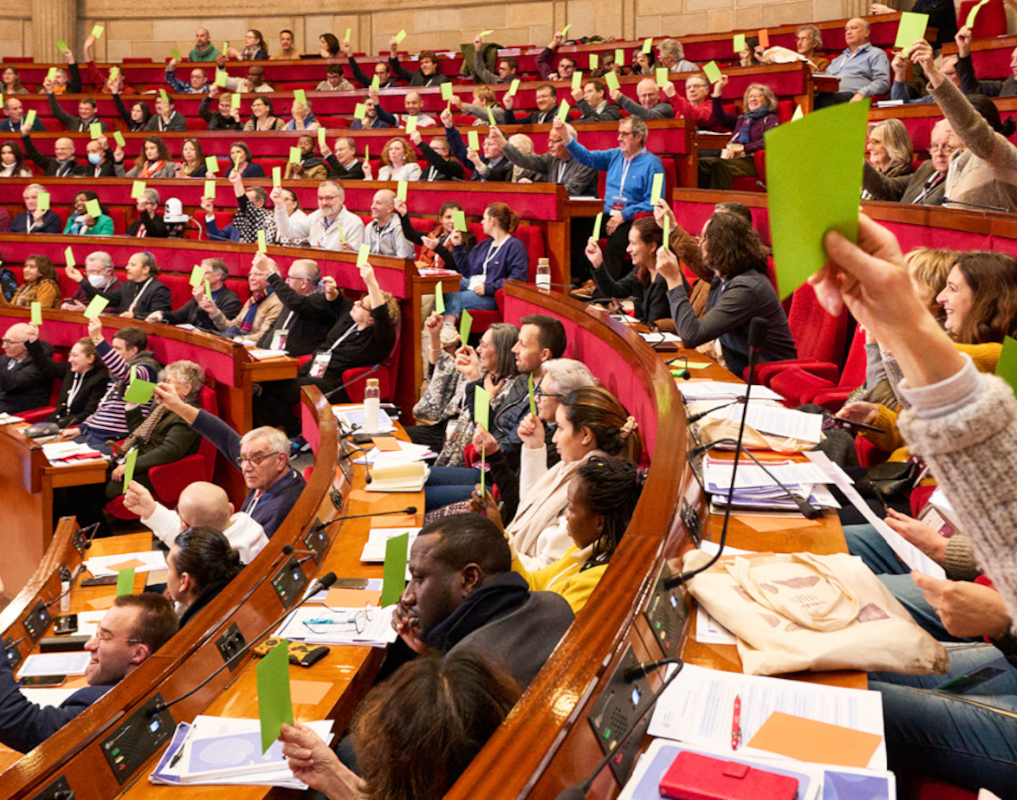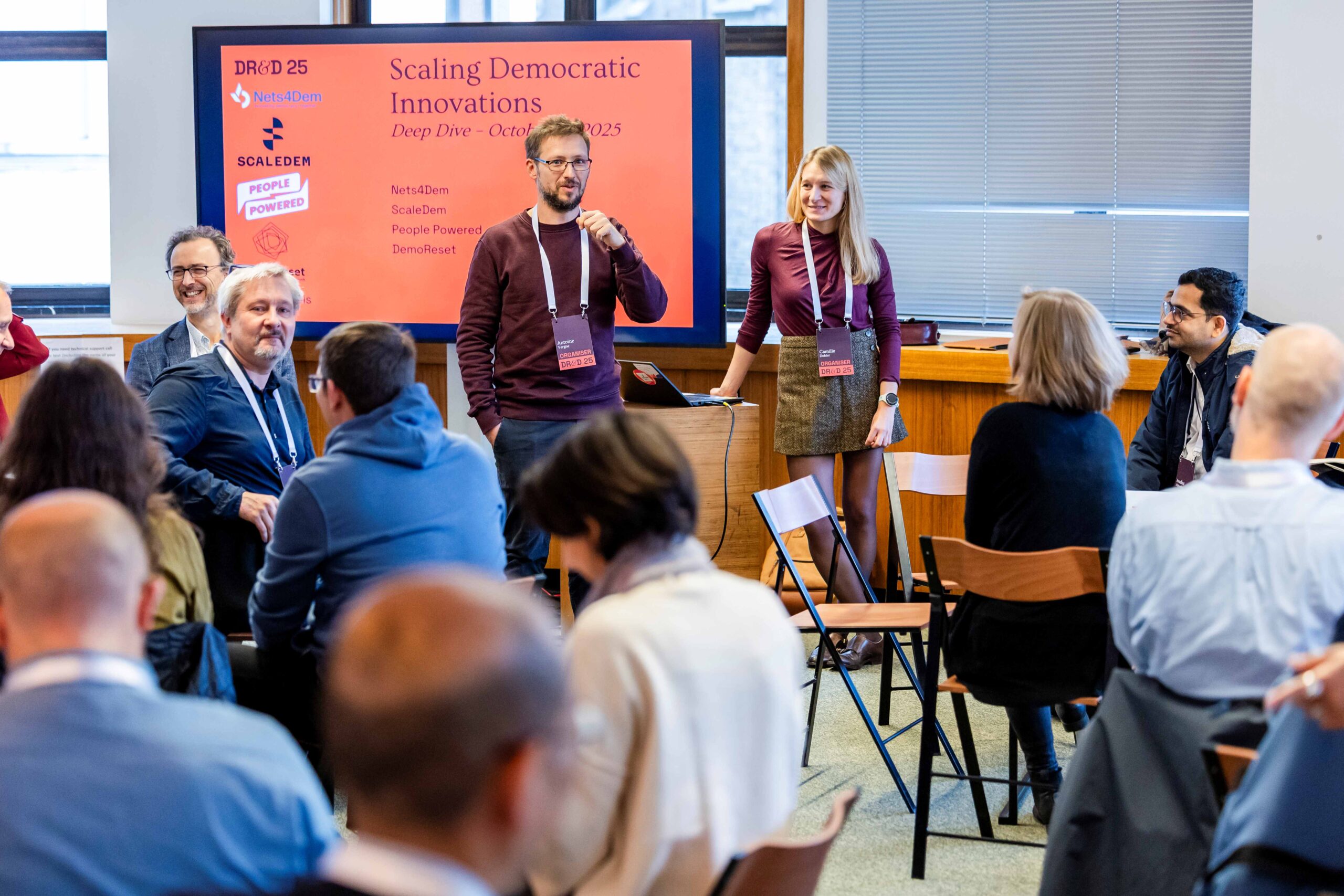A climate assembly brings together everyday people selected by democratic lottery to learn, deliberate and make recommendations on aspects of the climate crisis.

The Knowledge Network on Climate Assemblies (KNOCA) aims to improve the commissioning, design, implementation and impact of climate assemblies, using evidence, knowledge exchange and dialogue. We are an active community of policy makers, practitioners, activists, researchers and other actors with experience and interest in climate assemblies who co-create activities and knowledge.











.png)
